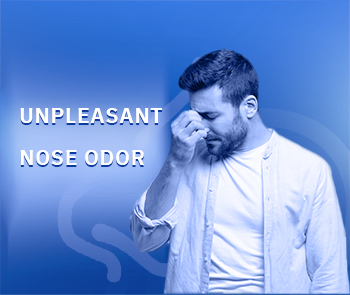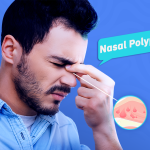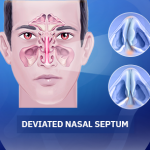Bad Nasal Odor
It is common to occasionally experience bad nasal odor. However, if this odor persists for a long period, it may indicate an underlying health problem. These odors are often concentrated in the nasal passages and sinuses and can be caused by a variety of reasons, some simple and others requiring medical intervention. Although persistent bad breath from the nose is not usually a serious problem, it can negatively affect self-confidence and lead to social isolation.
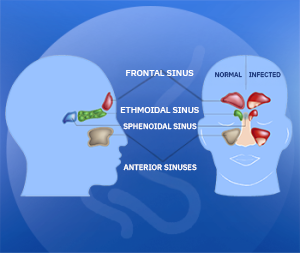
In this article, we will discuss everything related to bad nose odor, identify the causes of the problem, and explore ways to eliminate it permanently.
- Causes of Bad Nasal Odor:
- When to See a Doctor?
- Treatment for Bad Odor from the Nose:
Causes of Bad Odor from the Nose:
Sinusitis:
Sinusitis occurs when the tissues lining the sinuses become inflamed, usually due to a bacterial or viral infection. This infection can lead to mucus accumulation and pressure on the sinuses, causing a Bad Nasal Odor.
Nasal Polyps:
Nasal polyps are non-cancerous growths that appear in the nose and are usually formed as a response to chronic irritation, such as allergies or infections. These polyps can block the nasal passages, leading to a variety of annoying symptoms, including difficulty breathing, loss of smell, a Bad Nasal Odor, and headaches. Large or chronically symptomatic polyps may require surgical removal.
Chronic Kidney Failure:
When the kidneys fail to function properly, toxins accumulate in the body, which can affect many organs and tissues, including the nose and throat.
Post-Nasal Drip:
Bad-smelling mucus flowing from the back of the throat is typically a condition known as post-nasal drip. Common infections like the common cold, flu, and allergies increase the production of thick mucus that is difficult to clear, leading to blockage and increasing the chances of bad nose odor.
Tooth Decay:
Tooth decay can be a major cause of Bad Nasal Odor. Bacteria accumulate in cavities of decaying teeth, producing foul-smelling chemicals. These odors easily transfer from the mouth to the nose, causing significant embarrassment for the person affected.
Tonsil Stones:
Tonsil stones form when food particles, saliva, and dead cells accumulate in small pockets in the tonsils. This buildup creates an ideal environment for bacteria to thrive, producing foul-smelling chemicals that cause bad odors in both the mouth and nose, as well as a bad taste.
Olfactory Hallucinations:
Olfactory hallucinations occur when a person perceives a smell that is not actually present. This condition may arise due to a nervous system infection, head injury, or could be associated with neurological diseases such as Parkinson’s disease, brain tumors, or even chronic infections like sinusitis.
When to See a Doctor?
The intensity and nature of the bad nose odor vary depending on the underlying cause. Some individuals may experience excessive anxiety about this odor, even if it is unnoticed by others. It is advisable to visit a doctor if:
- The bad odor persists for a week or more without improvement.
- The bad odor becomes a chronic problem that reoccurs regularly.
- You experience other symptoms, such as facial swelling or nasal congestion.
Treatment for Bad Nasal Odor:
Treating bad nose odor requires a comprehensive approach. In addition to the medical treatment prescribed by the doctor, some helpful home remedies can help relieve symptoms and speed up the healing process. These include:
- Inhaling warm saline solution.
- Drinking adequate amounts of water throughout the day to keep the mouth and throat moist.
- Chewing sugar-free gum or sucking on sugar-free lozenges to stimulate saliva production and naturally cleanse the mouth.
- Brushing your teeth twice a day with fluoride toothpaste, and regularly cleaning your tongue to prevent bacterial buildup that causes bad odor.
- Quitting smoking and avoiding foods and beverages that cause dehydration, such as coffee and alcohol.
Conclusion:
Bad nose odor is a common challenge, but it is treatable. By following a healthy diet, maintaining regular oral and nasal hygiene, and avoiding smoking, you can effectively eliminate this problem. Regular visits to the doctor for routine check-ups also help in identifying any underlying health issues early and treating them before they worsen.
